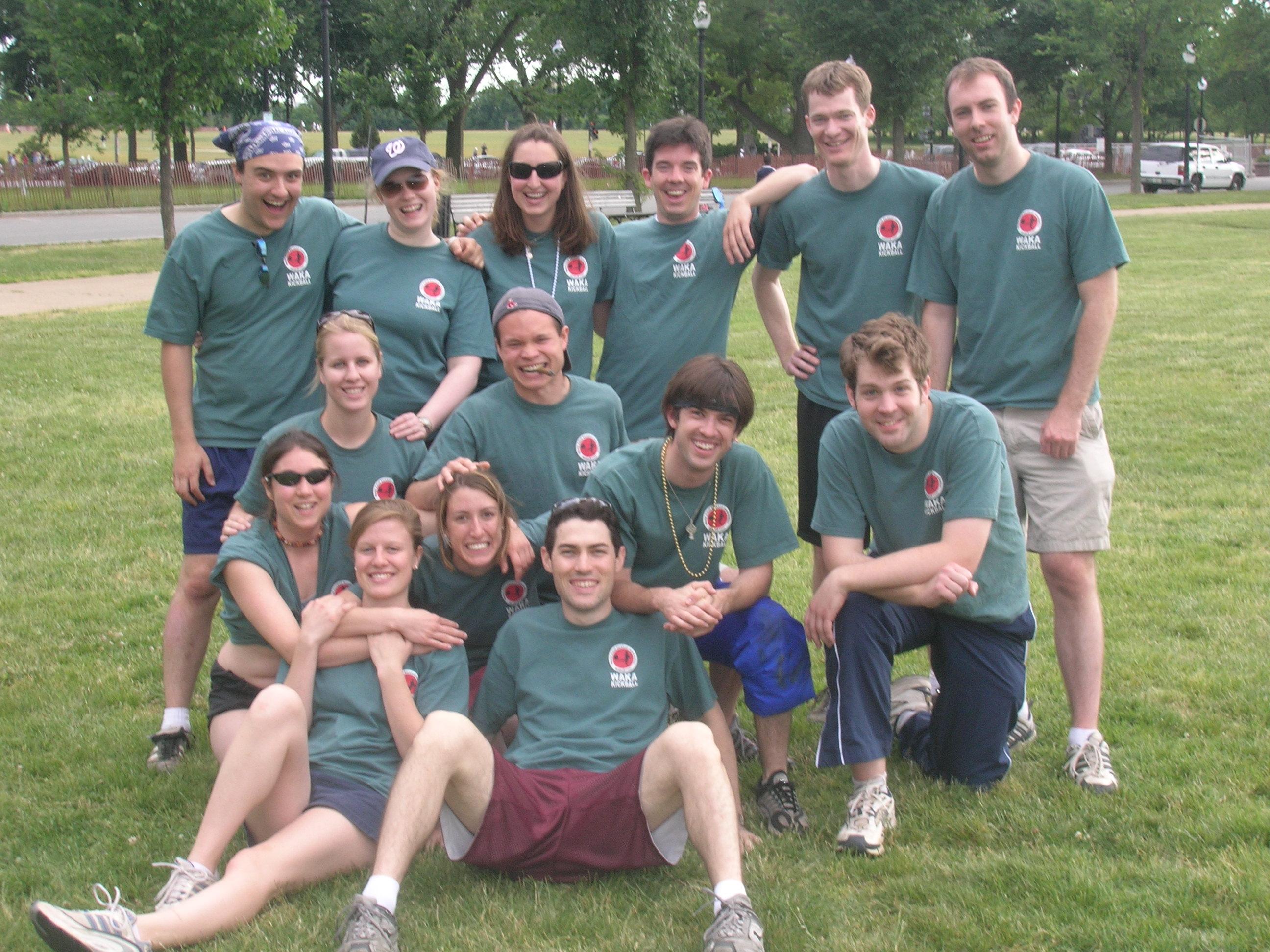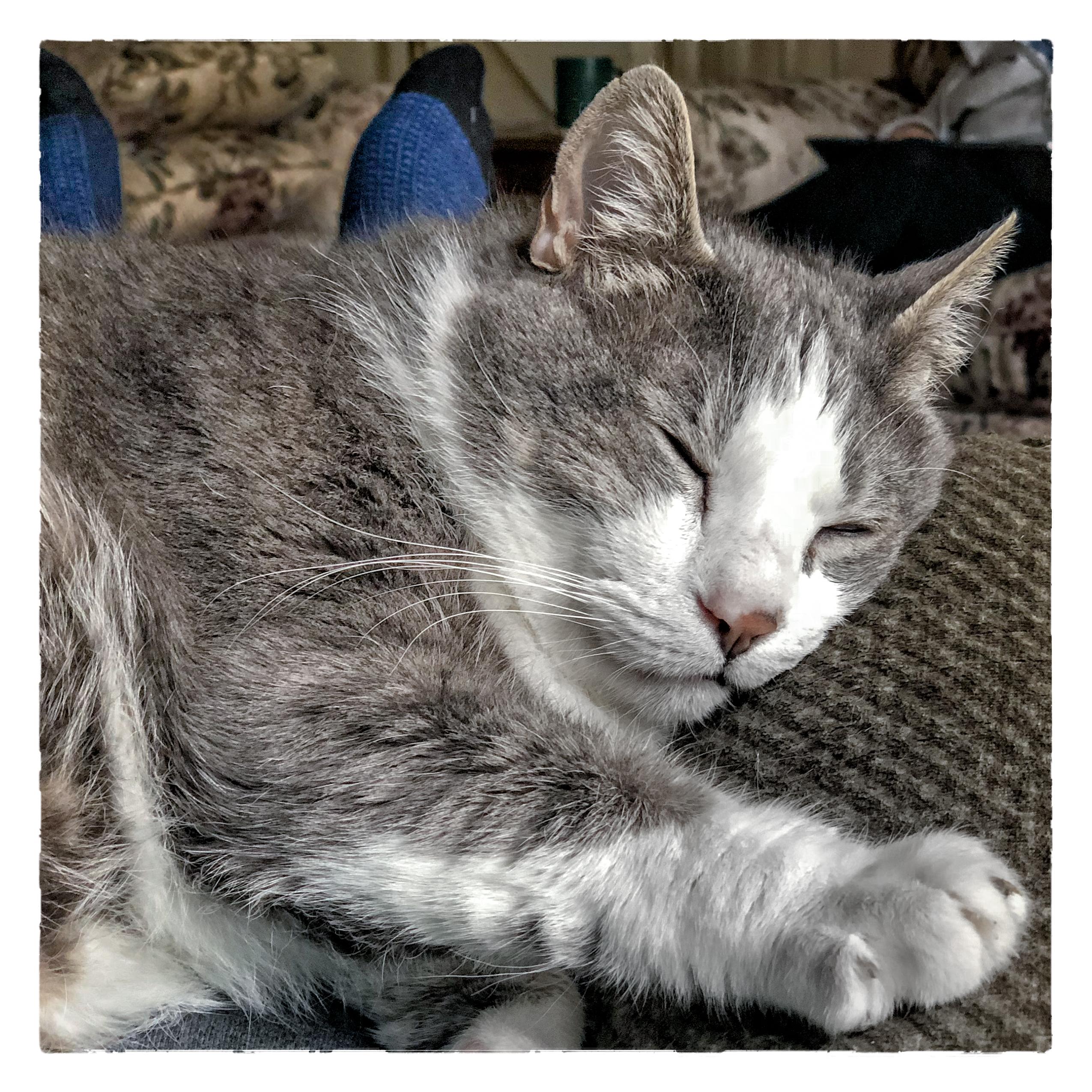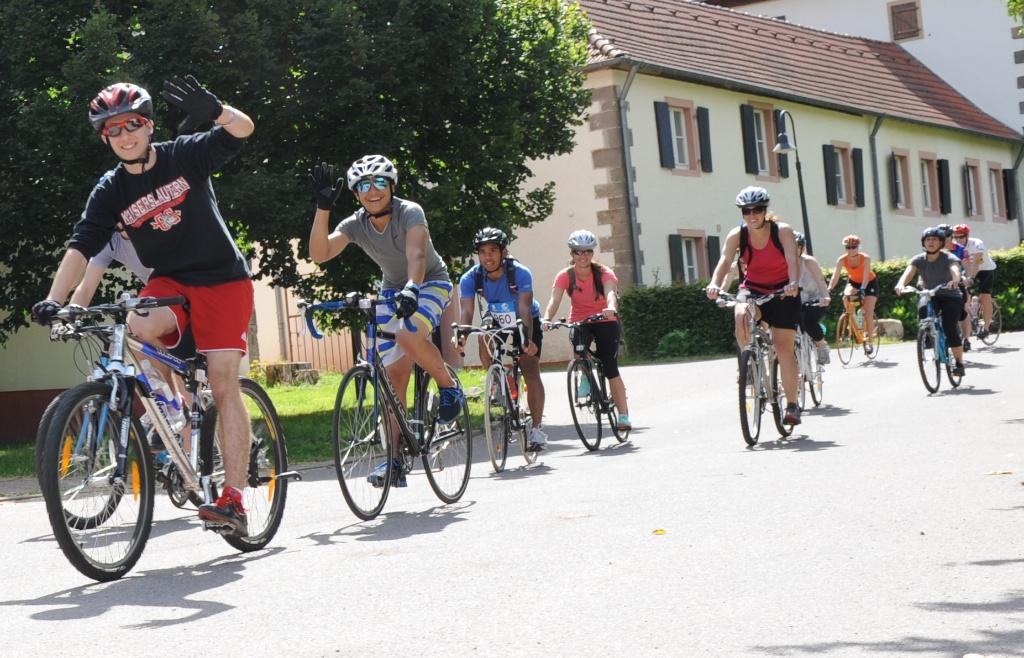Performance anxiety in sports is a common hurdle faced by athletes at all levels, from budding amateurs to seasoned professionals. It’s that fluttering in your stomach before a big game, the tightening of muscles when the spotlight is on, and the mental fog that can cloud your best judgment. Understanding that you’re not alone in experiencing these feelings is the first step towards overcoming them. In this article, we’ll explore effective strategies to help you manage performance anxiety, enabling you to unlock your full potential on the field, court, or track. With empathy and practical guidance, we’ll equip you with the tools to transform anxiety into confidence, ensuring that your passion for sports remains a source of joy and fulfillment. Whether you’re preparing for your first competition or striving for personal bests, these tips are designed to support you every step of the way.
Understanding the Roots of Performance Anxiety in Athletes
Performance anxiety in athletes often stems from a combination of psychological, physiological, and environmental factors. Understanding these roots can empower athletes to address their anxiety more effectively. At the psychological level, fear of failure or letting down teammates can create significant pressure. Cognitive distortions, such as overgeneralizing past failures to future performances, often exacerbate this anxiety. Recognizing these patterns is crucial for developing healthier thought processes.
Physiologically, anxiety triggers a fight-or-flight response, resulting in increased heart rate and muscle tension. This can negatively impact performance by disrupting coordination and focus. Techniques such as deep breathing exercises and progressive muscle relaxation can help manage these physical symptoms. Incorporating these practices into daily routines can lead to more consistent performance improvements.
- Identify triggers: Keep a journal to track situations that heighten anxiety.
- Visualize success: Regular visualization can create a mental blueprint for achieving goals.
- Establish routines: Consistent pre-performance rituals can ground athletes and reduce stress.
| Trigger | Management Strategy |
|---|---|
| Fear of Failure | Positive Self-Talk |
| High Expectations | Goal Adjustment |
| Physical Tension | Stretching & Relaxation |

Developing Mental Strategies to Overcome Pressure
- Visualization: Engage your mind in positive visualization techniques. Imagine yourself successfully performing your sport, focusing on each movement and the feeling of accomplishment. This mental rehearsal can condition your mind to handle high-pressure situations with more confidence.
- Mindfulness and Breathing: Practice mindfulness by staying present in the moment. Use deep breathing exercises to calm your nerves. Inhale deeply through your nose, hold for a few seconds, and exhale slowly through your mouth. This simple act can significantly reduce anxiety and help you regain focus.
- Positive Self-Talk: Replace negative thoughts with positive affirmations. When you find yourself doubting your abilities, remind yourself of your strengths and past successes. Phrases like “I am prepared” or “I can handle this” can boost your morale and keep anxiety at bay.
| Strategy | Benefit |
|---|---|
| Visualization | Builds confidence and prepares the mind for success |
| Mindfulness | Reduces stress and enhances concentration |
| Positive Self-Talk | Improves self-belief and motivation |

Harnessing the Power of Routine and Preparation
In the world of sports, routine and preparation are powerful allies in combating performance anxiety. Establishing a consistent routine not only builds familiarity but also creates a comforting sense of predictability. Athletes can benefit from developing pre-performance rituals that might include specific warm-up exercises, visualization techniques, or listening to a favorite playlist. These rituals serve as mental cues, signaling the body and mind to shift into a focused state, reducing stress and boosting confidence.
- Visualization: Spend a few minutes each day imagining successful performances.
- Breathing Exercises: Practice deep breathing to calm nerves before competition.
- Positive Affirmations: Reinforce self-belief with empowering statements.
Preparation goes hand in hand with routine. It involves meticulous planning and the cultivation of mental resilience. This can be supported by maintaining a training journal to track progress, set goals, and reflect on experiences. Understanding the nuances of one’s sport through regular study and strategy sessions enhances preparedness, making athletes feel more in control. Consider the following table to integrate these elements effectively:
| Aspect | Action |
|---|---|
| Physical | Regular drills and skill practice |
| Mental | Visualization and mindfulness techniques |
| Strategic | Game plan development and review |
By weaving together these routines and preparation strategies, athletes can transform anxiety into a source of strength and assurance, ultimately enhancing their performance.

Building a Supportive Environment for Athletes
Creating a nurturing environment is crucial for athletes to thrive and manage performance anxiety effectively. It’s essential to build a support system that encourages open communication and fosters a sense of belonging. Here are some strategies to consider:
- Encourage Open Dialogue: Allow athletes to express their feelings and concerns without judgment. This can be achieved through regular check-ins and team meetings.
- Focus on Personal Growth: Shift the emphasis from winning to personal development. Celebrate small victories and improvements, reinforcing a growth mindset.
- Promote Relaxation Techniques: Introduce mindfulness practices such as deep breathing, meditation, or yoga to help athletes manage stress and anxiety.
Understanding the different stressors athletes face can be pivotal. Consider the table below for a quick overview of common anxiety triggers and supportive responses:
| Trigger | Supportive Response |
|---|---|
| Fear of Failure | Reframe failure as a learning opportunity. |
| Pressure from Peers | Encourage positive team dynamics and mutual support. |
| High Expectations | Set realistic, achievable goals and celebrate progress. |








































